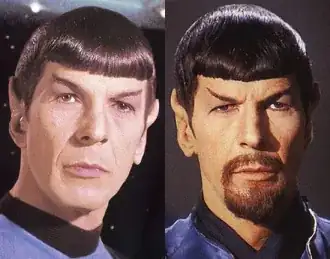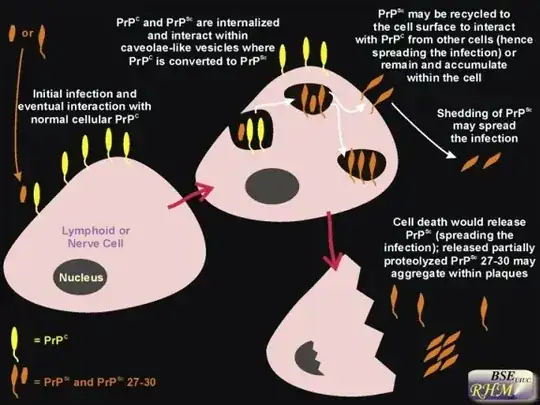Not sure if there's a better Stack Exchange for this, but How could Darwin be sure all life has a common origin triggered this question.
As I understand it, prions are pretty much protein-based viruses. I know that there's no perfect definition of "living," but if you put a virus in that set, ought you not also include prions?
Is there any evidence of prions evolving from a xNA-based organism?
-- Edit --
@OliverC spoke most directly to the thoughts I had in mind, which I suppose I can restate as a question about "natural origin of replicating, (perhaps) evolutionarily-capable entities." Admittedly, it requires a protein "environment" which originates from nucleic acids, but if prion replication began without evolving from, e.g., viral replication, then it seems to me an astonishing thing.


